Basically, enzymes are proteins which better certain chemical processes in our body. During enzymatic reactions substrates, which are initial molecules, are turned into different molecules called products. Enzymes are necessary for many processes in our body to take place, acting as catalysts. Different enzymes participate in different processes and, naturally, different sets of enzymes are in charge of separate processes.
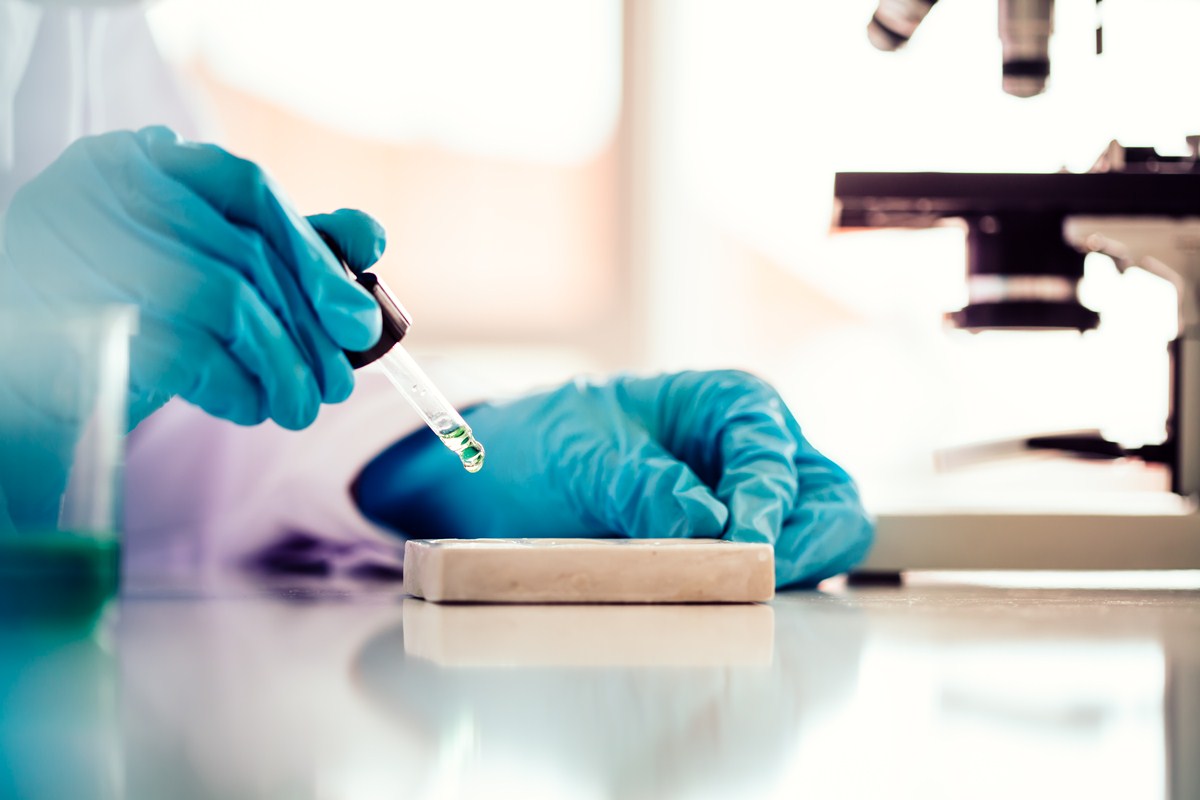
Enzymes lower the energy of a certain reaction, increasing the rate of the same reaction. This leads to faster reactions in our organism. During these processes, enzymes are not consumed or spent in any way. Rather, they remain present as catalysts of more than 4000 different processes in our body.
Different Types of Enzymes
There are certain molecules related to our enzymes, influencing the whole catalysis process. Some of these are called RNA ribozymes, inhibitors which decrease the effect of certain enzymes and activators which do the opposite.
Enzyme activity can be affected by medications, poisons, temperature, environments and concentrations of substrates. Moreover, enzymes are used in household cleaning products such as detergents, breaking down fat faster or in meat tenderizers, making meat softer for chewing.
The Importance of Enzymes
Now that you know how crucial enzymes are for our body's proper functioning, you need to ensure that you have enough of these proteins, supplying them through proper nutrition and an adequate lifestyle. Enzymes are in charge with our hair growth and health, our tissue growth and repair, our digestive processes and even our heart beats, along with many other aspects of our existence.
Life of eating processed food makes us lose our enzymes, being incapable of digesting certain food properly. Thus, we need to be careful regarding our diet, consume only the food which preserves our body enzymes and avoid development of some serious diseases.
Eating, Digesting and Enzymes
If we did not have enzymes in our body, more than a third of what we consume would not be digested at all, let alone absorbed, especially when it comes do digesting fats.
As it was mentioned above, in time, our liver loses it power to break down the food we eat. Once we deplete our enzymes, we cannot break down fat, gaining it through nutrition, affecting our health negatively, resulting in malnutrition and poor digestion.
All in all, we need to consume enough raw, unprocessed food in order to keep our enzymes working well. We need to consume fruits and vegetables, since these are packed with enzymes. Keep this in mind and do not let your nutrition destroy these crucial components of our body.
- www.britannica.com/science/enzyme
- Photo courtesy of SteadyHealth





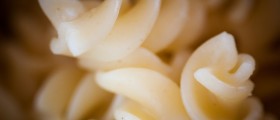

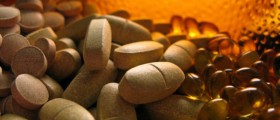


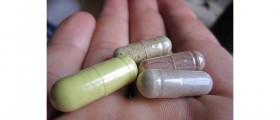


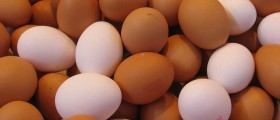

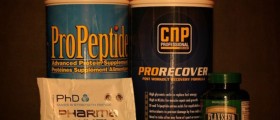
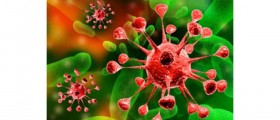
Your thoughts on this
Loading...